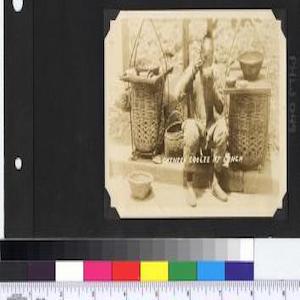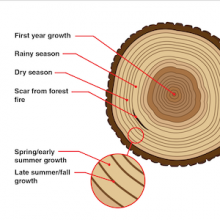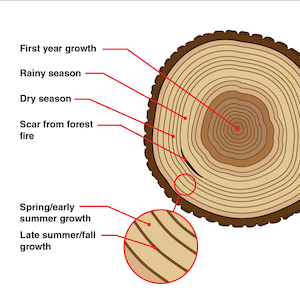Browse
Environment

Review
World History for Us All
Its units and lesson plans utilize a range of primary sources, which revolve around three themes are: Humans and the Environment, Humans and Other Humans, Humans and Ideas.
Review
Big History Project
The student-centered work emphasizes cooperative learning, project-based assessments, use of rubrics, lesson quizzes and exams and countless creative writing activities.
Review
The Digitally Encoded Census Information and Mapping Archive
[DECIMA] highlights the power and knowledge inherent in census-taking and points the way to new understandings and methods of extracting and using information from one of the longest-lasting and most prolific tools of statecraft ever developed.
Review
Philippine Photographs Digital Archive
A simple yet powerful database that captures the intricacies of the relationship between the United States and the Philippines, the Philippine Photographs Digital Archive provides an important lens with which one can view changes in Filipino life over time.
Review
Logan Museum of Anthropology
With almost 5000 items digitised at the moment and more to come in the near future, this will definitely be a useful site to keep an eye on.
Review
Historias: The Spanish History Podcast
The podcast could serve as a useful tool for Latin America experts to stay up-to-date on scholarship, for professors in other areas to broaden their knowledge of Latin America and establish relevant connections, and for students to engage in analysis of “texts” beyond the written word.
Methods
Primer: Environmental History
Environmental history lends itself particularly well to a world history framework. Environmental processes do not limit themselves to national or cultural borders. The climate, for example, has always been a global system.

Source
Tree Rings as Climate Archive
World historians who study environmental history sometimes sometimes seek out atypical sources to conduct their research.

Source
X-ray of a cross-section of a coral core
World historians who study environmental history sometimes sometimes seek out atypical sources to conduct their research.

Review